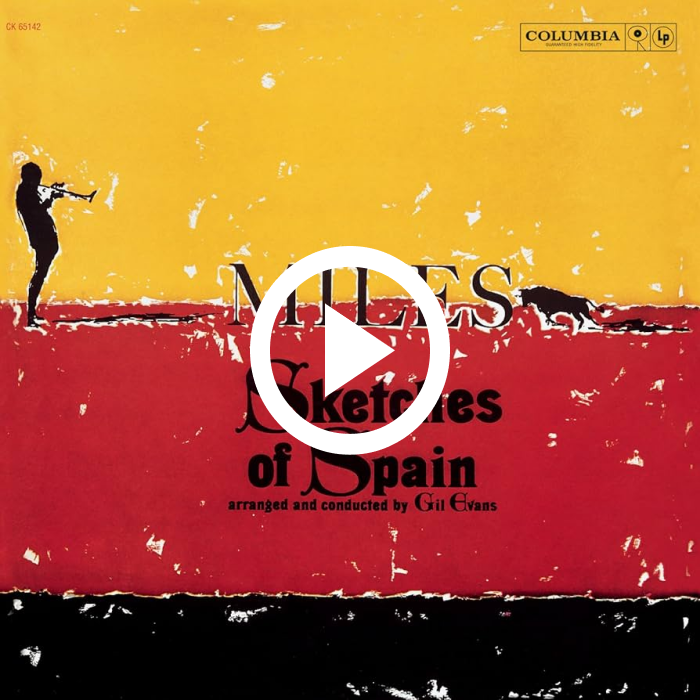
Miles Davis changed the landscape of Jazz for many different reasons. However, no one reason stands out to his fans as much as how Miles constantly re-invented his sound, and consequently the genre of Jazz. Miles had no regards for the 'rules' of Jazz, highlighted by albums such as "Kind Of Blue" that moved away from the complex chord progressions that dominated Jazz at the time.
Ultimately, Miles did what he wanted, and in doing so, shaped the landscape of Jazz at the time and for generations ahead. When Bill Mathieu reviewed Sketches of Spain, he was quoted saying: "If there is to be a new jazz, a shape of things to come, then this is the beginning."
On the other hand, when Miles was asked about suggestions that this was a step in a different direction of typical Jazz, he responded: "It's music, and I like it."
Dive into "Holican's Favorite Miles Davis Electric," a concise Spotify playlist featuring the essence of Miles Davis's electric era. Including pivotal tracks like "Water Babies," "In a Silent Way," and "Hannibal," this selection showcases the revolutionary fusion of jazz with electric elements. Experience the innovative sounds that changed jazz forever, all in one electrifying playlist.
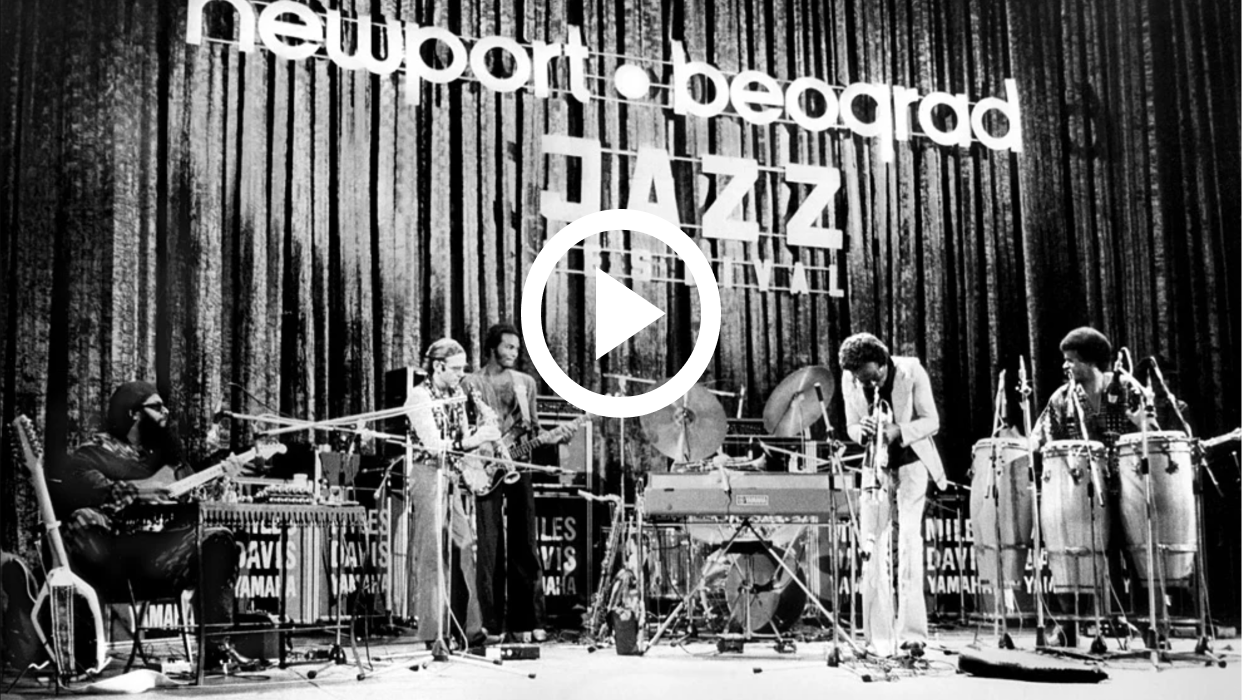
The 1971 electric performances by Miles Davis sparked a deep appreciation among fans for his bold sound and innovation. Fans have taken to the internet to share their admiration and insights, with comments painting a vivid picture of the impact Davis had on music and on them personally. One fan remarked, "So raw, demented, urgently honest. This is more punk, than any punk rock has ever been!" capturing the raw emotion and groundbreaking nature of Davis's performance. Another noted the emotional and creative toll such innovation takes, saying, "He was moving into a very wild and intense place in his creative mind at the time. You have to live it to play it. No wonder he needed a break in the latter half of the 70’s. It’s exhausting to be a musical genius."
The consensus among fans, especially regarding the Fall ‘71 Tour of Europe, is neatly summed up in the proclamation, "This Fall ‘71 Tour of Europe is Electric Miles at his best!"
These comments collectively highlight not just the technical excellence of Davis's electric period but also the emotional depth and cultural shift it represented. These comments illustrate a shared experience that transcends time, underscoring the enduring legacy of Miles Davis as a pioneer who not only challenged the conventions of jazz but also inspired a legion of fans and musicians alike to embrace the beauty of innovation and the power of genuine expression.
The "Holican's Miles Davis Hall of Fame" playlist is a curated journey through the most iconic and transformative tracks from Miles Davis's illustrious career, showcasing his revolutionary impact on jazz and music at large. From the haunting melodies of "So What" to the groundbreaking fusion sounds of "Bitches Brew," each selection exemplifies Davis's fearless experimentation and his ability to redefine musical boundaries. This collection serves as both an introduction to Davis's genius for new listeners and a deep dive into his most influential works for aficionados, encapsulating the spirit of innovation and expression that defines his legacy.
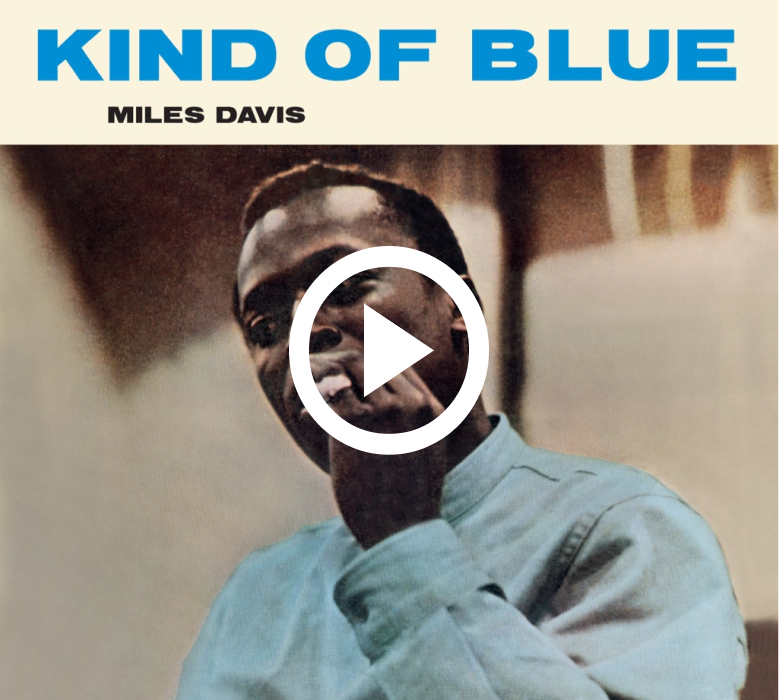
"Kind of Blue" stands as a monumental achievement in jazz, widely recognized as one of the genre's most iconic albums. It's the go-to record for newcomers to fall in love with jazz, offering a seamless blend of melody and mood that's both accessible and profound. Jazzwise has even ranked it as the greatest jazz album ever, a sentiment echoed by many in the music world. Yet, intriguingly, it never won a Grammy, highlighting a surprising oversight in its otherwise celebrated history.
By 1959, Miles Davis had already made significant waves in jazz, but "Kind of Blue" marked a defining moment in his career. With this album, Davis delved into modal jazz, moving away from the intricate chord progressions prevalent at the time. This shift not only showcased his innovative spirit but also set a new course for jazz itself.
Upon its release, "Kind of Blue" received widespread acclaim, captivating critics and fellow musicians with its simplicity and emotional depth. It instantly transformed the jazz landscape, influencing countless artists and enduring as a timeless masterpiece. Even without a Grammy, "Kind of Blue" confirms Miles Davis's genius and his enduring impact on music, proving that true artistry transcends awards and accolades.
Explore "Holican's Favorite Miles Davis Hard Bop" on Spotify, capturing the intensity and soul of Davis's hard bop era. Featuring classics like "Well, You Needn't," "Somethin' Else," and "It Could Happen To You," this playlist is a deep dive into the hard-hitting, rhythmically complex world of hard bop that Davis mastered. Perfect for aficionados and new listeners alike, these tracks are quintessential Miles, showcasing the brilliance of his early years.
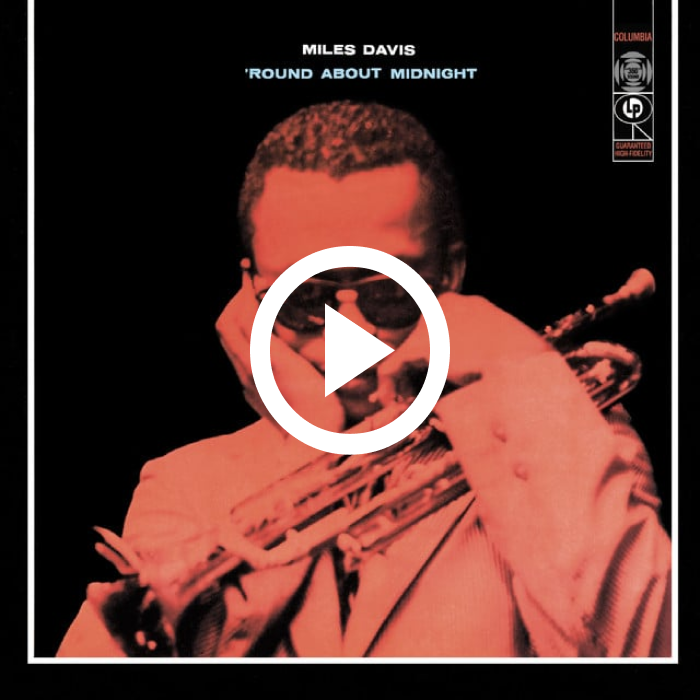
The age old question new fans always ask about Miles is, what made his sound so iconic? Was it his tone, timing, mood or instrument?
While the answer is all four of those, the most notable of the four is the distinct Miles Davis tone. Miles's tone is so distinct, with most songs you can tell it is a Miles Davis record from the first note.
His tone was dark, but also smooth, using no vibrato. He also popularised the use of the harmon mute, something that further added to his distinct tone. His recording of Bye Bye Black Bird, perfectly highlights this tone.
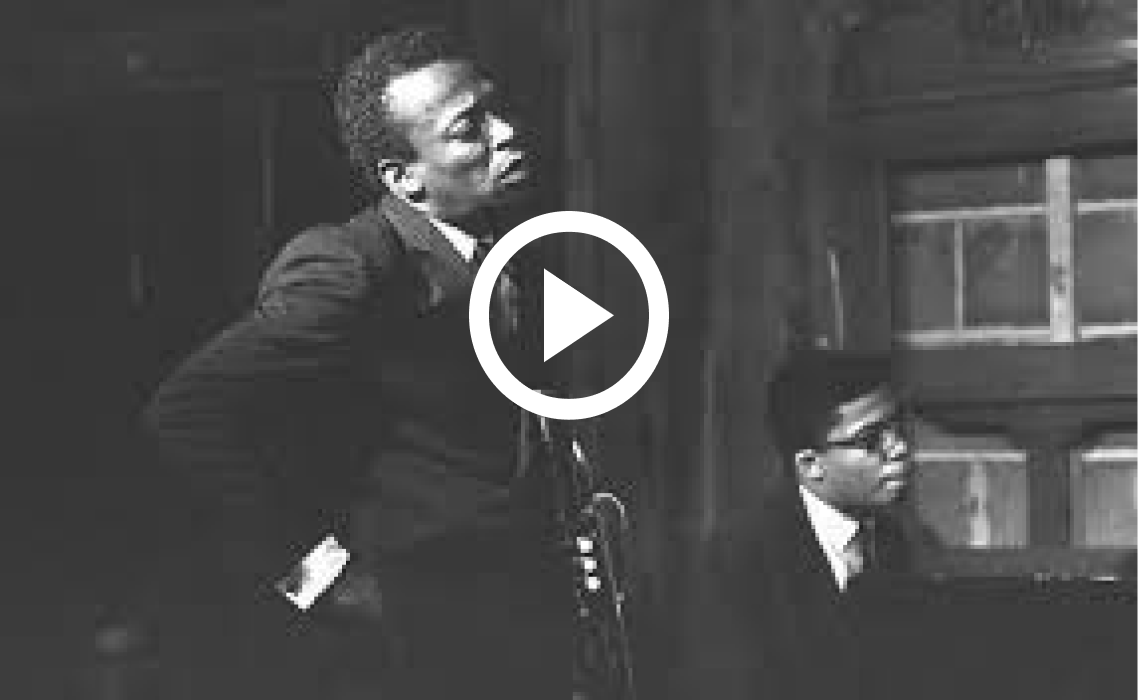
Miles Davis was a magnet for the world's most talented musicians, creating iconic collaborations that reshaped jazz. His partnership with Herbie Hancock is a prime example of his ability to lead and inspire.
During a memorable performance of "So What" in Germany, with Tony Williams on drums and Ron Carter on bass, Hancock hit what clearly was a wrong note. Miles, ever the intuitive leader, seamlessly integrated it, turning a clear mistake into a moment of innovation and improvised beauty. Hancock, paralysed by the moment, says that looking back he realised that to Miles, it wasn't a mistake but rather something that happened, a necessary event. Since he viewed this as a necessary event, Miles needed to follow up with something based on this, wrong, but necessary note. This story perfectly aligns with the famous Davis quote: "Do not fear mistakes, there are none".
Beyond Hancock, Davis's collaborations read like a who's who of jazz: John Coltrane, Wayne Shorter, Bill Evans, and Chick Corea, among others. These musicians, under Davis's guidance, found new heights of creativity. His leadership wasn't just about direction but empowering each artist to explore and contribute uniquely. This environment fostered groundbreaking music and propelled the careers of these legends.
The "Holican's Most Underrated Miles Davis Records" playlist delves into the lesser-known yet profoundly impactful corners of Miles Davis's discography, highlighting the depth and versatility of his musical genius. Many of these tracs offer listeners a glimpse into Davis's experimental side, blending elements of jazz, rock, and avant-garde. This carefully crafted selection not only broadens the understanding of Davis's contributions to music but also offers an enriching experience for those eager to explore the subtleties and complexities of his art beyond his mainstream hits.